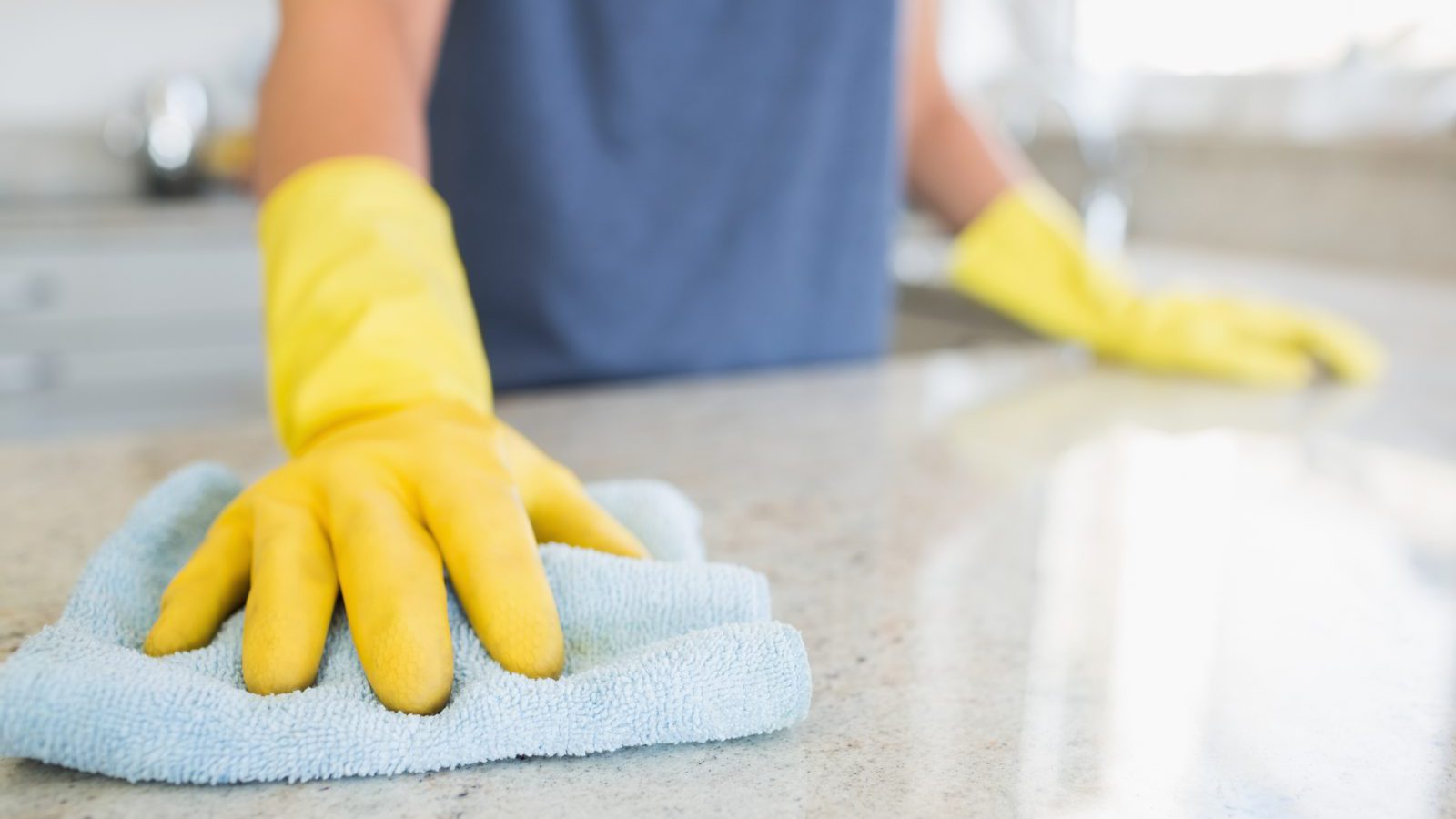Q. Dear Umbra,
I was just chopping up a chicken and as I was cleaning, I remembered something I saw a friend do once. After cutting up the raw bird, she wiped down the counters, then poured undiluted bleach on her cutting board, counter, and knives and wiped everything again. Yikes! I know we need to be careful of food safety (we have a separate cutting board for raw meat), but what about the effect on her family of having bleach residue all over the kitchen? I use hot water and soap and I consign the dishrag to the laundry right after its meat-cleaning job. No one has ever gotten sick. So what’s the best way to clean up?
Nina W.
Vancouver, B.C.
A. Dearest Nina,
I’ve tried to begin this column three times now, but every time I sit down to write I am overcome with the urge to microwave all my sponges. Such are the hazards of spending hours researching food safety and common kitchen microbes. So I understand your uneasiness about an invading army of Salmonella storming your kitchen through a Trojan Chicken. But I’m confident both of us can declare our kitchens germ-free without bleach.
Why not bleach the ever-loving life out of our countertops (and cutting boards, and meat cleavers, and toilets, for that matter)? There’s a reason generations have turned to this solution of sodium hypochlorite, besides effective marketing: It’s a very effective pathogen-slayer. In fact, it’s so effective that any bleach product that claims sanitizing or disinfecting powers is classified as a pesticide by the EPA. It’s rather nasty, corrosive stuff, and it belongs on the list of Toxic Chemicals We Can Live Without.
Bleach can cause irritation to the skin and mucous membranes — better pull out those canary yellow gloves — and respiratory problems. And not only does it exacerbate asthma in those who already have it, bleach can actually cause asthma through repeated exposures. Sodium hypochlorite also forms noxious gases when combined with other everyday household cleaners, such as ammonia or acids (even vinegar). And it’s the most common cause of accidental poisoning for kiddos. So you’re correct to pinpoint health risks to your friend and her family as a concern, especially since she’s flouting standard bleaching procedure by using it undiluted. Yikes is right.
Thankfully, there is a better way. Your hot-water-and-soap method is a great start, Nina, and for many sessions, cleaning with soap and water is all you need to get the job done. But if you have an especially big mess — say, chicken gizzards accidentally spilled all over the counter — or you just want to go the extra mile, your cleanup should be followed by sanitizing. Cleaning helps physically remove gunk and germs, but sanitizing kills them. (Disinfecting goes a step beyond that, but that’s a bit extreme for your average home.)
So what magical non-bleach elixir shall we call upon for this task? Longtime readers will recall how much I like to sing the praises of baking soda- and vinegar-based DIY products (tra la la!). Today I sing from the rooftops, for some experts advise that undiluted vinegar, left to soak on your surfaces for at least 10 minutes (and/or heated up first) can be a useful sanitizer. Perhaps an even better option for the truly germophobic is hydrogen peroxide, an effective sanitizer that doesn’t pack yucky fumes and breaks down into oxygen and water. Here’s a list of recommended products that draw their power from good old HP.
Sounds like you’re already practicing the other food-safety habits that help keep your family off the Vomit City train, Nina: using a separate cutting board for raw meat and washing your dishrag promptly. Both of these tricks prevent cross-contamination, or the transfer of germs from one surface to another and then, lamentably, into your food. Make sure you’re washing your hands, and don’t forget to give fruits and veggies a good scrub under the faucet, too, as pathogens can also hitch a ride on non-meat items. And it doesn’t hurt to zap your sponges once in a while, either (make sure they’re damp). Off to pop mine in now.
Contaminatedly,
Umbra




